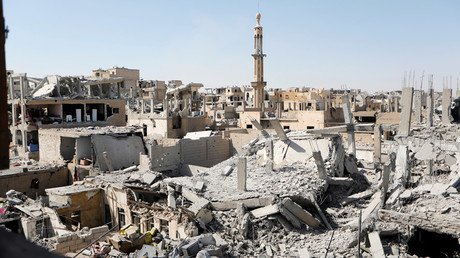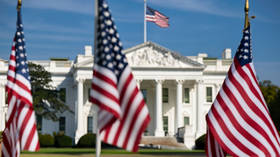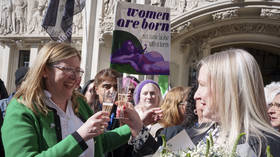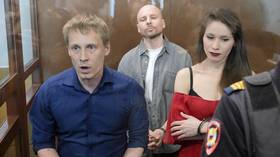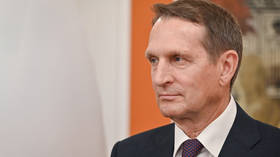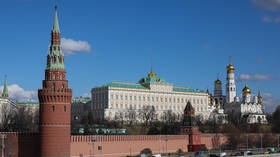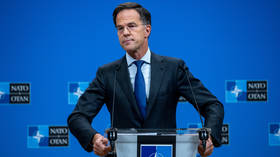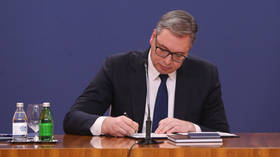‘Situation in Raqqa dire, disturbing’ – UNOCHA
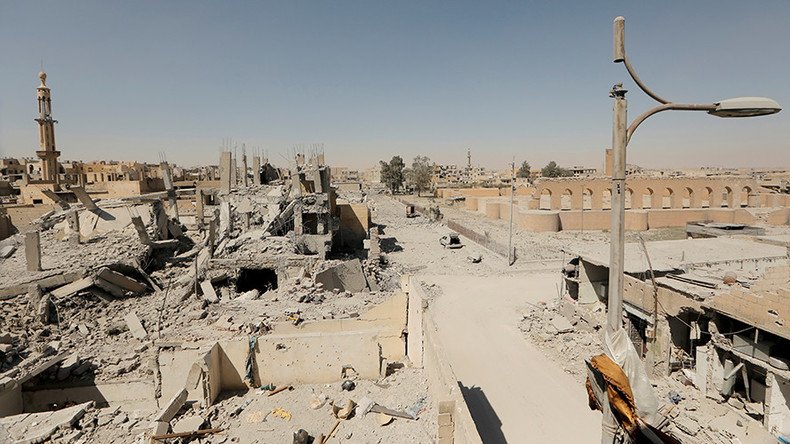
The situation in the Syrian city of Raqqa is extremely fluid; it is in active war zone and it’s almost impossible to provide aid to the people trapped inside, says David Swanson from the UN Office for the Coordination of Humanitarian Affairs.
In recent days and weeks, scores of civilians have reportedly been killed and injured in Raqqa city due to airstrikes and shelling, and up to 25,000 people remain trapped in the city. According to humanitarian organizations, basic necessities, including food and medicine are scarce.
Amnesty International is reporting hundreds of civilians have been killed since the US-led coalition began its operation in Raqqa in June.
RT: How bad is the situation inside the city of Raqqa?
David Swanson: The humanitarian situation – up to 25,000 civilians still trapped in Raqqa – is nothing short of dire. Access to safe drinking water, food and other basic services is at an all-time low with many residents relying on food they had stored up earlier to survive. Equally disturbing is the fact that health access is very poor – very few doctors on the ground, there’s currently only one functional hospital … in the ISIS controlled part of the city.
The @UN condemns targeting civilians and civilian infrastructure in #ArRaqqa#Syria. READ statement https://t.co/pZ68o4Lo5I#NotATargetpic.twitter.com/xiQrNp6cS2
— OCHA Syria (@OCHA_Syria) August 23, 2017
RT: The battle for control of the city rages day and night. Is it even possible to get aid where it is needed? Do people there have any access to humanitarian aid?
DS: It is particularly difficult. As you know, it is pretty much impossible for humanitarian partners and the UN to reach the city…The only way we could provide assistance to those people who have fled - and as you are aware 75,000 have fled the city since the offensive began in June of this year - is when they reach the outside in the areas in which they are displaced. That is the only way we can reach people at the moment.
RT: Is the UN able to deal with the issue, or are we looking at a potential humanitarian disaster?
DS: At the moment it is an extremely challenging work environment for all of us. At the moment, the humanitarian community is providing assistance to IDPs [internally displaced person] as well as host communities in at least 49 sites, locations and areas of high IDP concentration. Not just in Raqqa governorate, but surrounding governorates as well. In the first half of this month alone close to 117,000 people were provided some form of assistance, mostly food.
RT: Does your Office have any information on the number of civilian casualties in Raqqa?
DS: This is an extremely fluid situation on the ground. And in fact it is an active war zone. I did see the Amnesty International report today but at the moment we are not able to confirm any figures at this point.
RT: Whose responsibility is it to providing basic needs for those who've already fled terrorist-controlled areas?
DS: The UN has along with a broader humanitarian community has a detailed operational plan in place which continues to be updated and developed as the situation evolves…The situation becomes more challenging as time goes on…
The statements, views and opinions expressed in this column are solely those of the author and do not necessarily represent those of RT.
